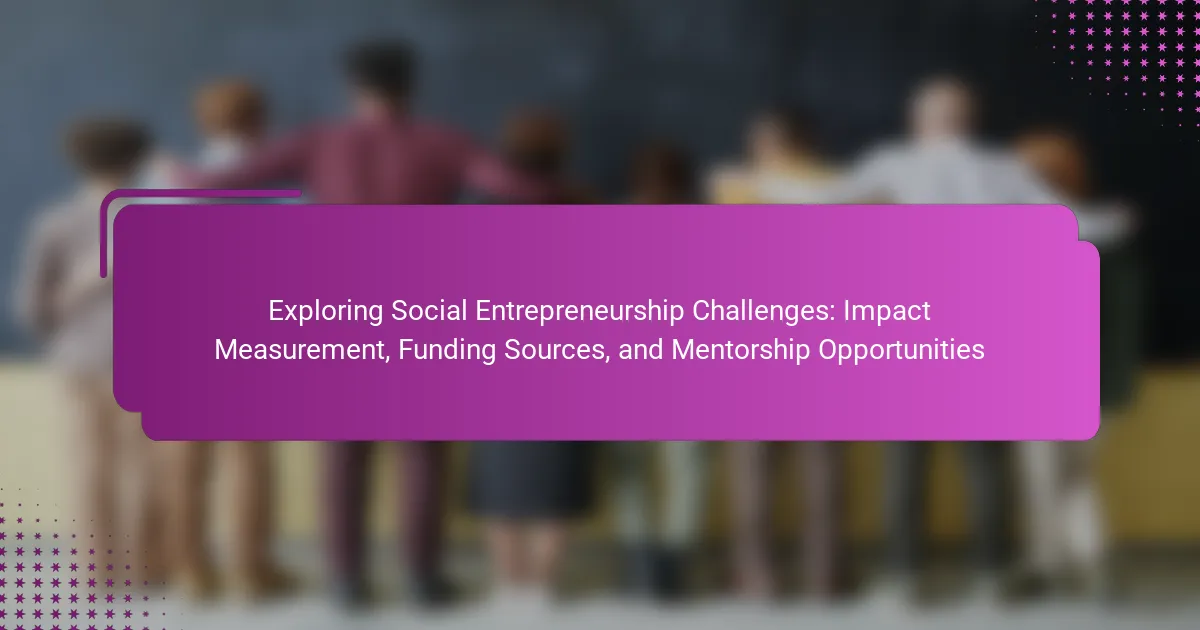Social entrepreneurship involves organizations that prioritize social missions alongside financial sustainability. The article addresses the primary challenges faced by social entrepreneurs, including securing funding, measuring social impact, competing with traditional businesses, and navigating regulatory environments. It highlights various funding sources available to social enterprises, such as grants, impact investors, and crowdfunding platforms. Additionally, the article […]
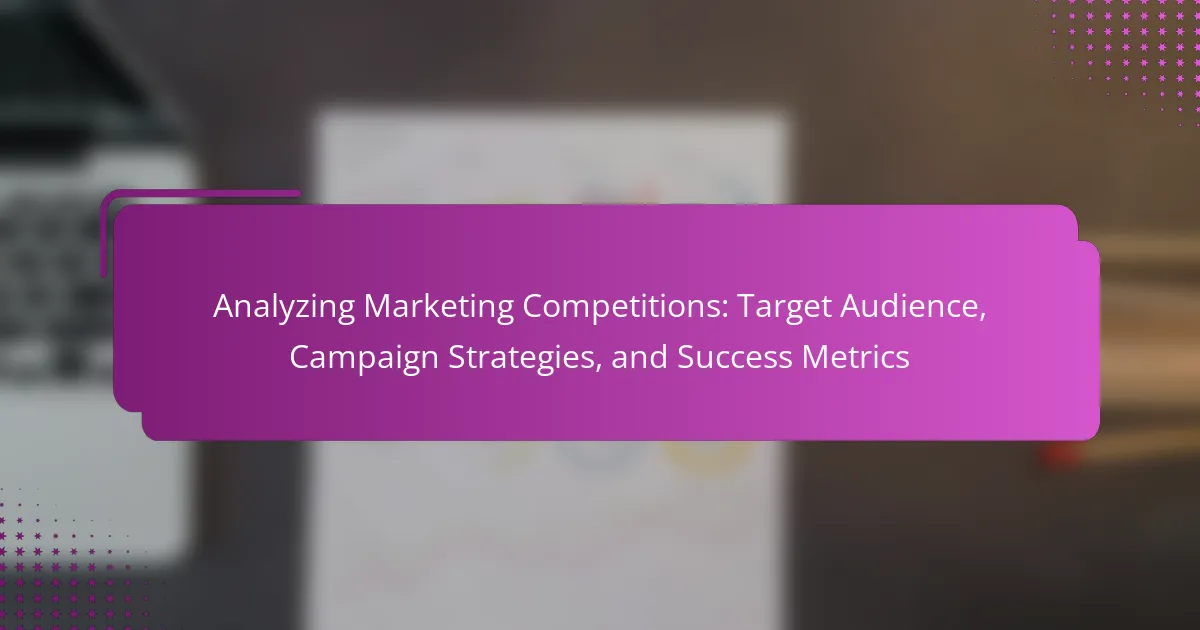
Analyzing Marketing Competitions: Target Audience, Campaign Strategies, and Success Metrics
Analyzing marketing competitions involves evaluating competitors’ strategies and performance to understand the competitive landscape. This process includes assessing target audiences, marketing campaigns, and key success metrics such as return on investment (ROI), customer acquisition cost (CAC), and conversion rates. Effective campaign strategies like targeted messaging, social media engagement, and influencer partnerships play a crucial role […]
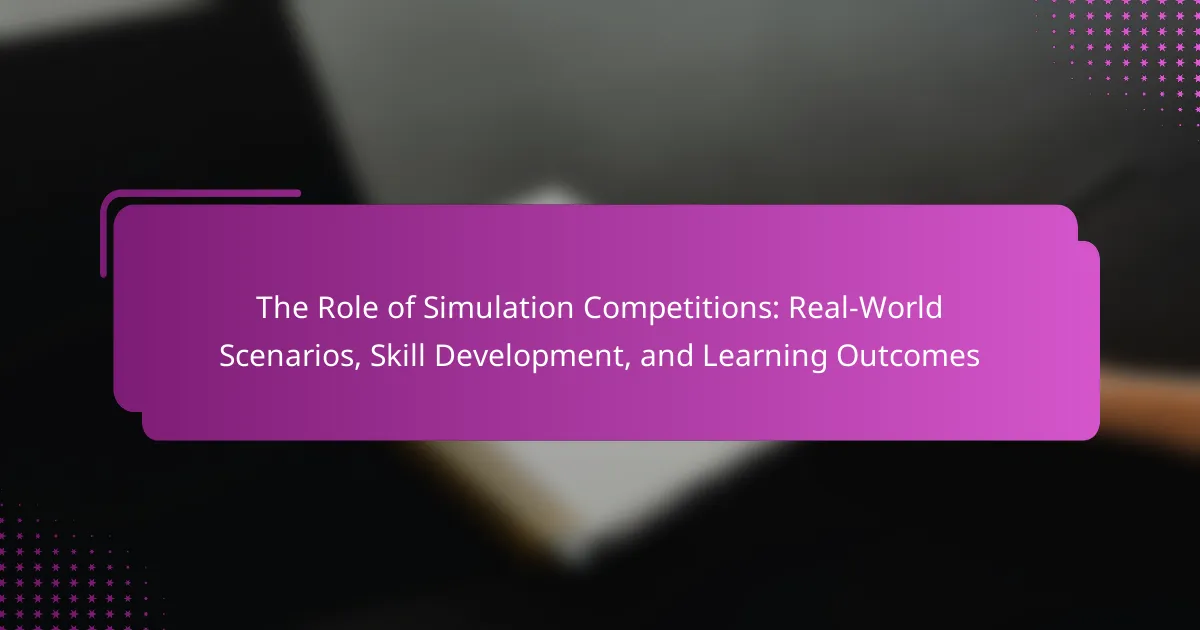
The Role of Simulation Competitions: Real-World Scenarios, Skill Development, and Learning Outcomes
Simulation competitions are structured events where participants engage in simulated environments to solve complex problems, often reflecting real-world scenarios in fields such as business, engineering, and healthcare. These competitions emphasize teamwork, critical thinking, and decision-making skills, as participants collaborate to develop strategies within limited timeframes. Challenges such as scenario complexity, time constraints, and communication barriers […]
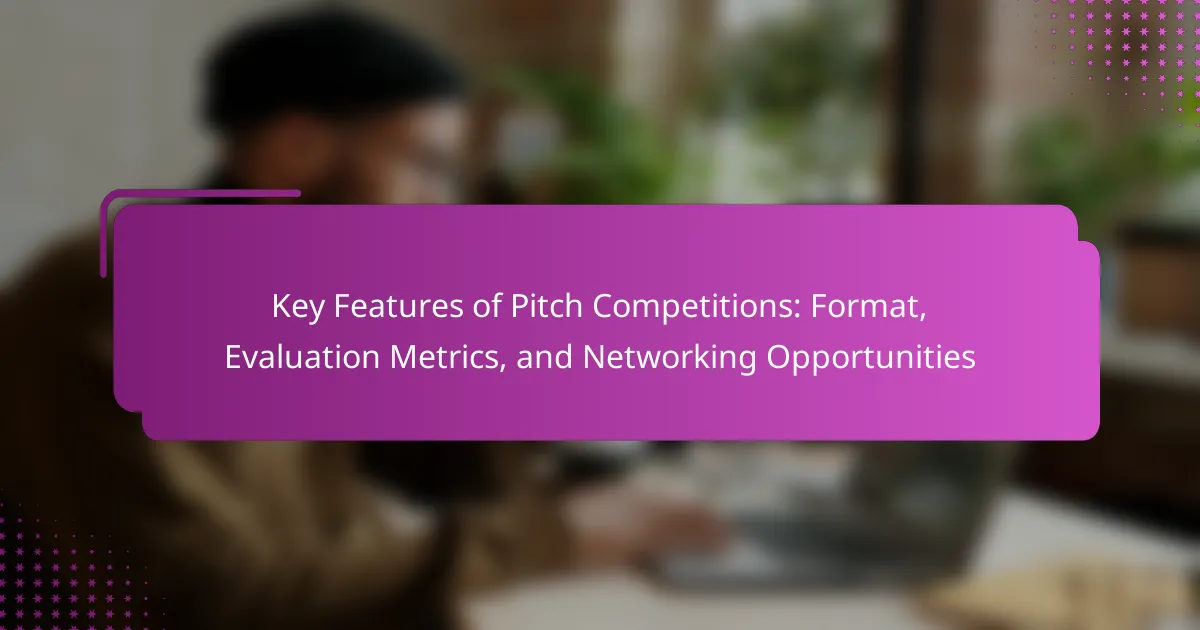
Key Features of Pitch Competitions: Format, Evaluation Metrics, and Networking Opportunities
Pitch competitions are structured events where participants present their business ideas within a fixed time frame, typically ranging from three to ten minutes. Key elements of these competitions include the articulation of a clear value proposition, identification of the target market, and explanation of the business model. Submissions are evaluated by judges based on criteria […]
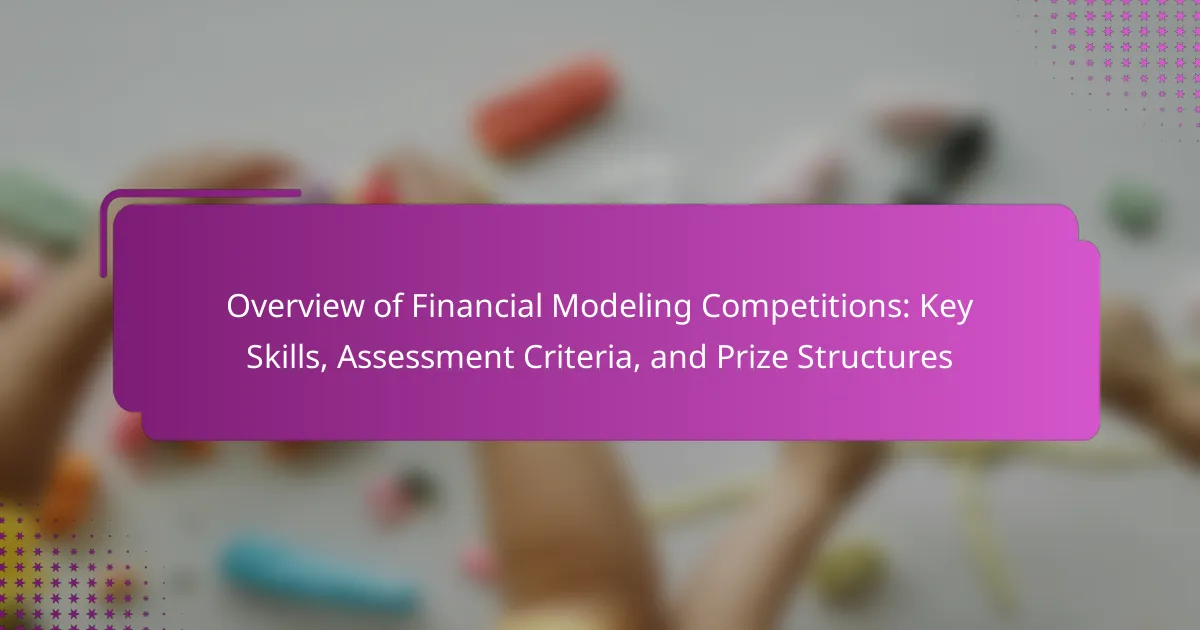
Overview of Financial Modeling Competitions: Key Skills, Assessment Criteria, and Prize Structures
Financial modeling competitions are structured events where participants create financial models to address real-world business challenges. These competitions require analytical skills, proficiency in Excel, and effective communication to analyze financial data and present findings. Judging criteria focus on accuracy, clarity, complexity, and creativity, ensuring participants demonstrate their financial modeling capabilities. Prize structures often include cash […]
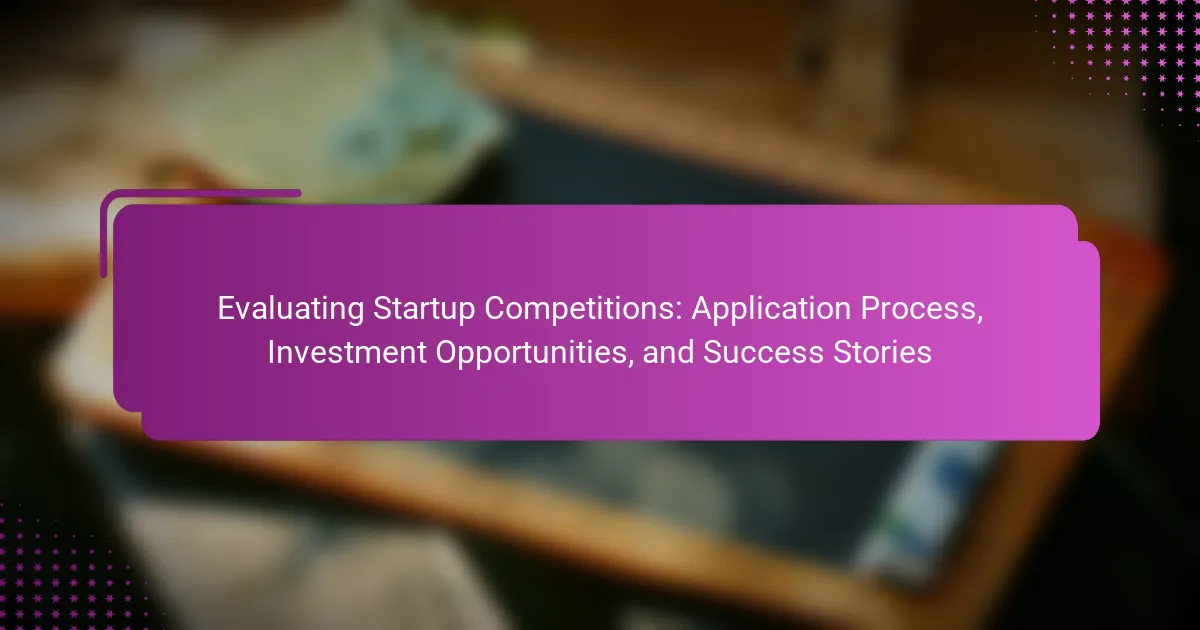
Evaluating Startup Competitions: Application Process, Investment Opportunities, and Success Stories
Startup competitions are events where entrepreneurs present their business ideas to judges, aiming to secure funding, mentorship, and networking opportunities. These competitions are organized by various entities, including universities and corporations, and involve multiple evaluation rounds based on criteria such as innovation and market potential. Participation in these events not only enhances a startup’s visibility […]
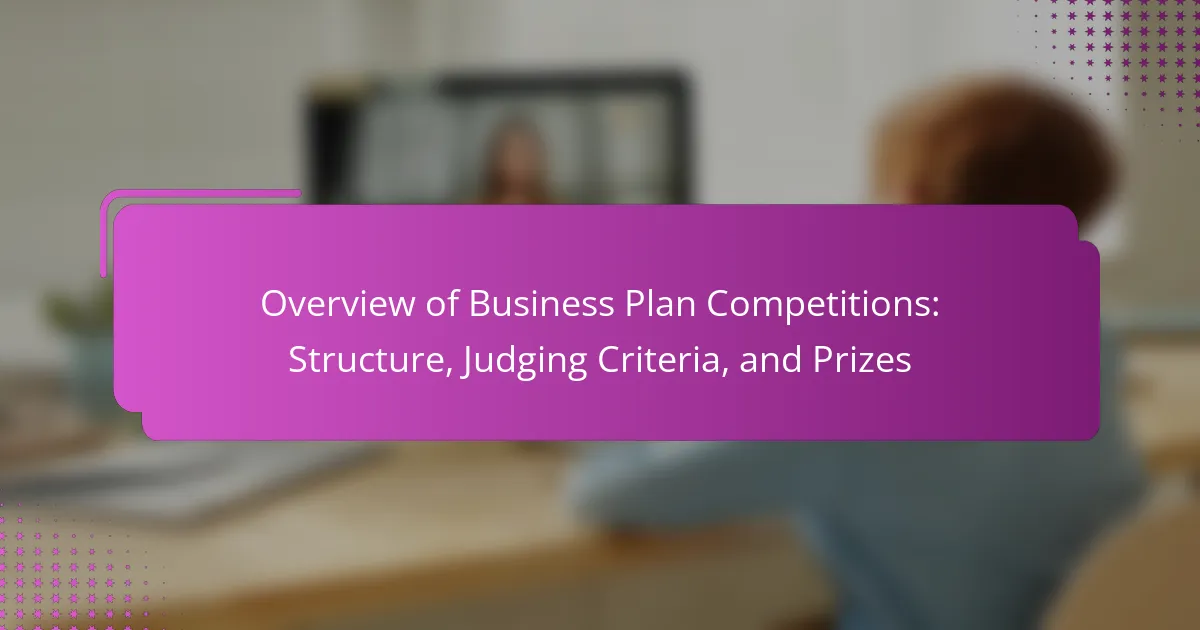
Overview of Business Plan Competitions: Structure, Judging Criteria, and Prizes
Business plan competitions are structured contests where entrepreneurs present their business ideas to judges, typically involving the submission of a detailed business plan and a pitch. These competitions aim to foster innovation and entrepreneurship, offering participants valuable feedback from industry experts and opportunities for networking. Judging criteria focus on the clarity of the business idea, […]
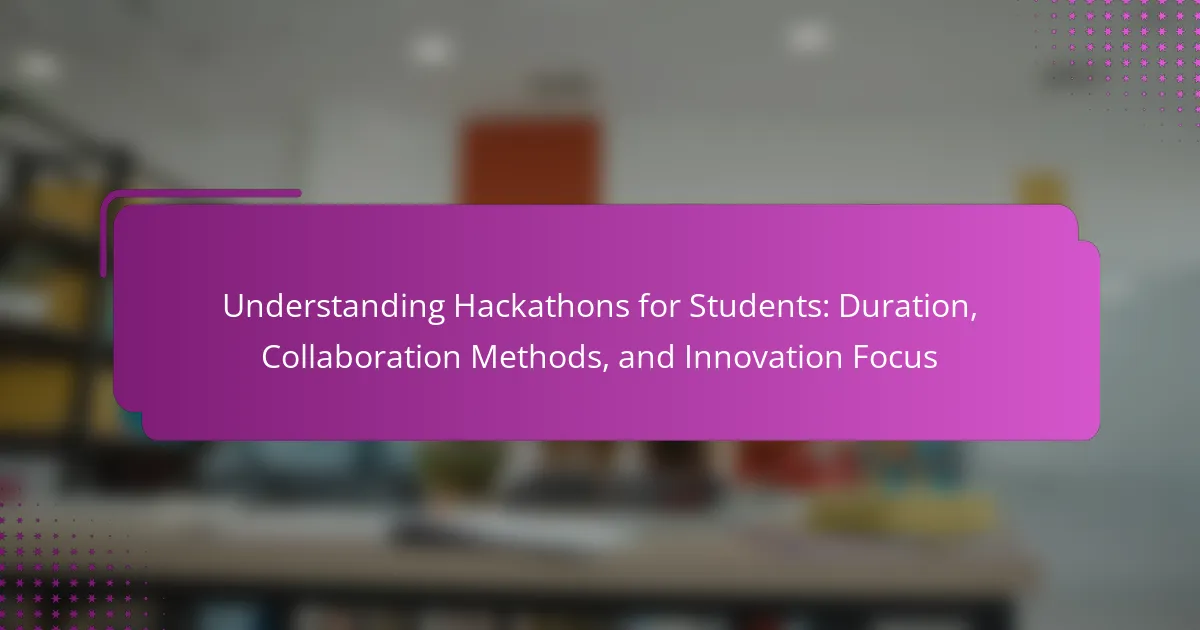
Understanding Hackathons for Students: Duration, Collaboration Methods, and Innovation Focus
Hackathons for students are intensive collaborative events where participants create software or hardware projects within a timeframe of 24 to 48 hours. These events encourage teamwork, creativity, and the development of technical skills, often facilitated by mentorship from industry professionals. Participants engage in various collaboration methods, including brainstorming sessions and pair programming, to foster innovation. […]
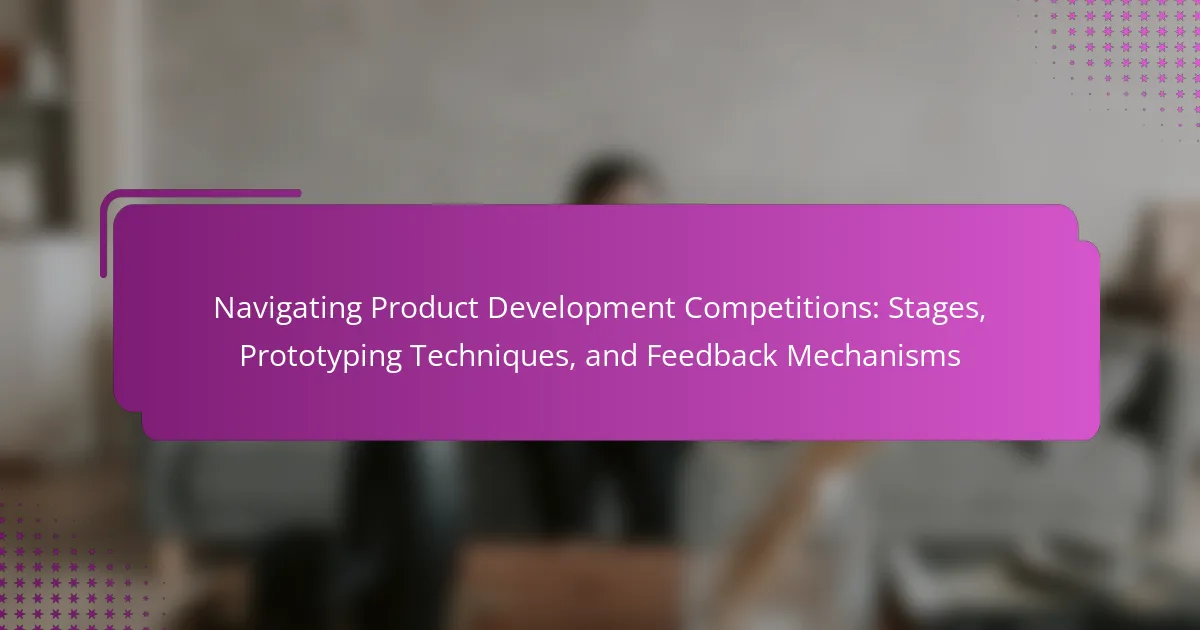
Navigating Product Development Competitions: Stages, Prototyping Techniques, and Feedback Mechanisms
Product development competitions involve a structured process that includes key stages such as ideation, design, prototyping, testing, and final presentation. Each stage plays a crucial role in creating a viable product that aligns with market needs. Effective prototyping techniques, including low-fidelity, high-fidelity, and interactive prototypes, facilitate early testing and cost reduction. Additionally, implementing feedback mechanisms […]
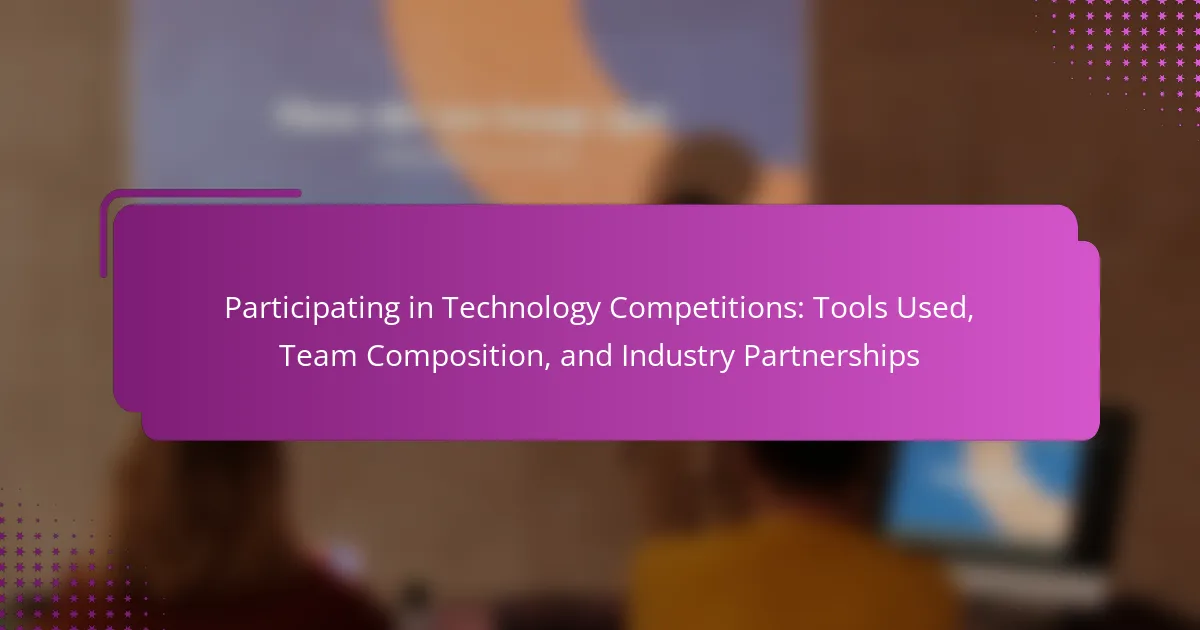
Participating in Technology Competitions: Tools Used, Team Composition, and Industry Partnerships
Technology competitions are events where individuals or teams develop innovative technological solutions to specific problems, focusing on areas such as software development, robotics, and engineering challenges. Participants utilize various tools, including programming languages like Python and Java, development environments like Visual Studio Code, and collaborative platforms like GitHub, to enhance their projects. Successful teams typically […]
